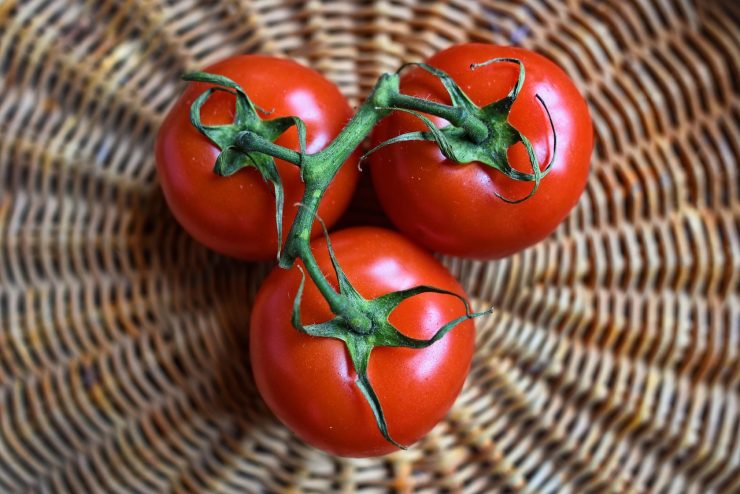The Tomato Dilemma: Packed with Nutrients, But Not for Everyone
In regions with short growing seasons—like parts of Colorado—late summer often brings an explosion of ripe, juicy tomatoes. Heritage varieties, in particular, can come in fast and heavy, making it a challenge to figure out what to do with them all.
Tomatoes are widely recognized as a health food. They’re loaded with antioxidants like lycopene, beta-carotene, folate, potassium, vitamin C, and a range of flavonoids. Lycopene, in particular, has earned a reputation as a powerful cancer-fighting compound—especially in relation to prostate cancer. Research has also linked it to reduced risk and slower growth of lung, stomach, colon, oral, breast, and cervical cancers.
But lycopene isn’t the only antioxidant in tomatoes. Compounds like zeta-carotene, phytoene, and phytofluene also play a role in fighting inflammation and protecting against conditions like heart disease, diabetes, arthritis, and even dementia. These same antioxidants can support healthy blood pressure and cholesterol levels while improving blood vessel function.
Tomatoes may also help protect vision. Their antioxidant profile has been linked to a lower risk of macular degeneration, a leading cause of blindness in older adults. The high vitamin C content supports collagen production, helping to maintain skin elasticity and reduce the signs of aging. Tomatoes also provide nutrients that are essential for strong, healthy bones.
So what’s the catch?
Despite all these health benefits, tomatoes aren’t ideal for everyone. For some, especially those with sensitivities to nightshades, tomatoes might do more harm than good.
Nightshades are a group of plants in the Solanaceae family, which includes tomatoes, potatoes, peppers, and eggplants. For people with inflammatory conditions—like arthritis or autoimmune diseases—nightshades can sometimes trigger or worsen symptoms. Joint pain, digestive upset, skin irritation, and even respiratory issues have all been associated with nightshade sensitivity.
Many health professionals, including those at institutions like the Cleveland Clinic, recommend limiting or eliminating nightshades for individuals experiencing certain inflammatory symptoms. In some cases, removing nightshades from the diet has been linked to improvements in joint pain and digestion.
The potential issue lies in naturally occurring compounds like solanine (primarily in potatoes) and tomatine (in tomatoes). These alkaloids are concentrated in the green parts of the plants—like unripe green tomatoes—and may irritate the digestive tract or affect neurotransmitter activity in the brain. For those with conditions like acid reflux, IBS, or diverticulitis, tomatoes can aggravate symptoms. The seeds, in particular, may be problematic for those with existing intestinal inflammation.
If tomatoes or other nightshades seem to be causing issues, it may be worth cutting them out for a few weeks to see if symptoms improve. When trying an elimination approach, it’s important to include all common nightshades:
-
All varieties of tomatoes
-
Tomatillos
-
White potatoes (sweet potatoes are not nightshades)
-
Eggplant
-
Okra
-
All types of peppers (hot, sweet, bell, etc.)
-
Goji berries
-
Sorrel
-
Gooseberries
-
Paprika
-
Cayenne pepper
-
Chili powder
-
Tobacco (for those exposed through smoking or other means)
While nightshades can be a nutritious part of the diet for many people, they’re not a perfect fit for everyone. Paying attention to how the body responds to them—especially when dealing with inflammation, joint pain, or digestive issues—can offer valuable insight into whether these popular vegetables are helping or hurting.











